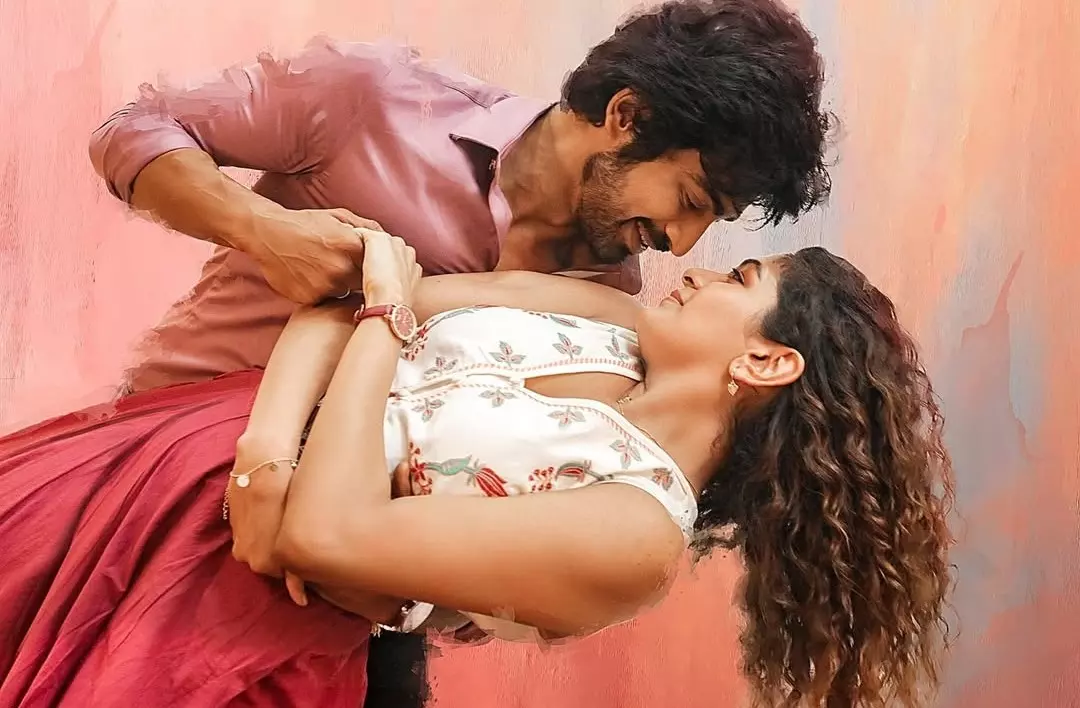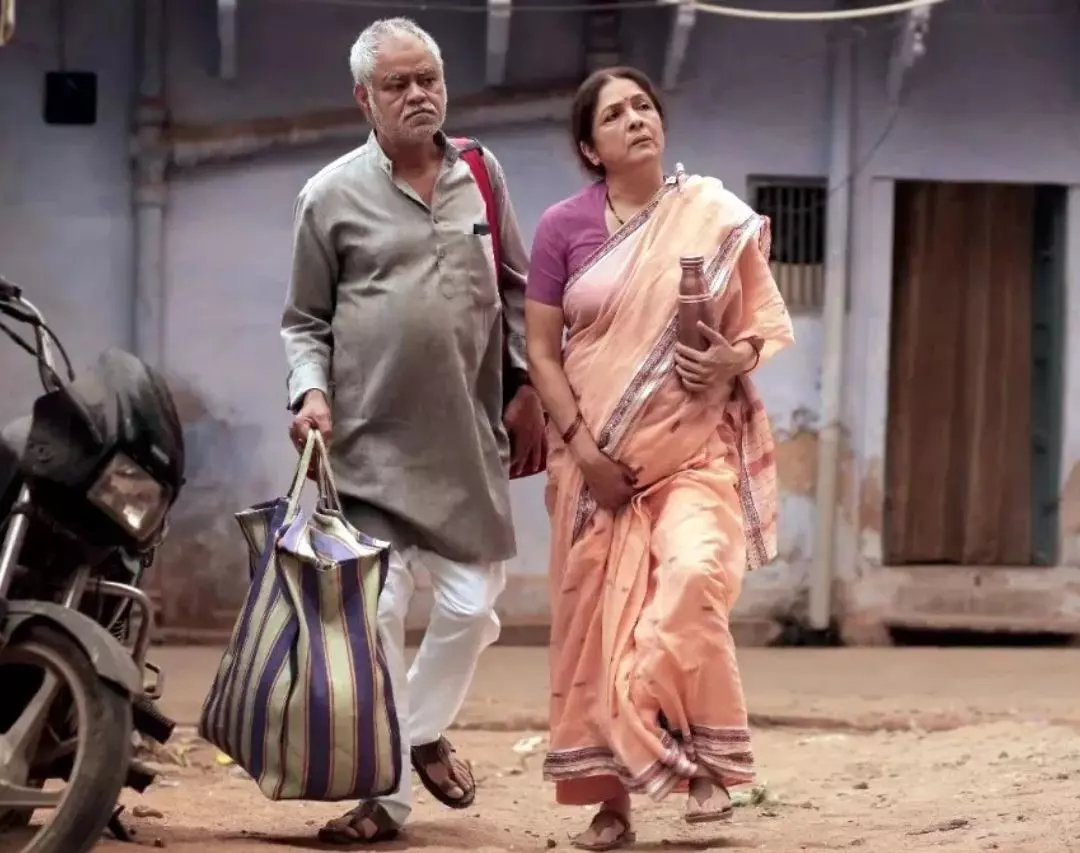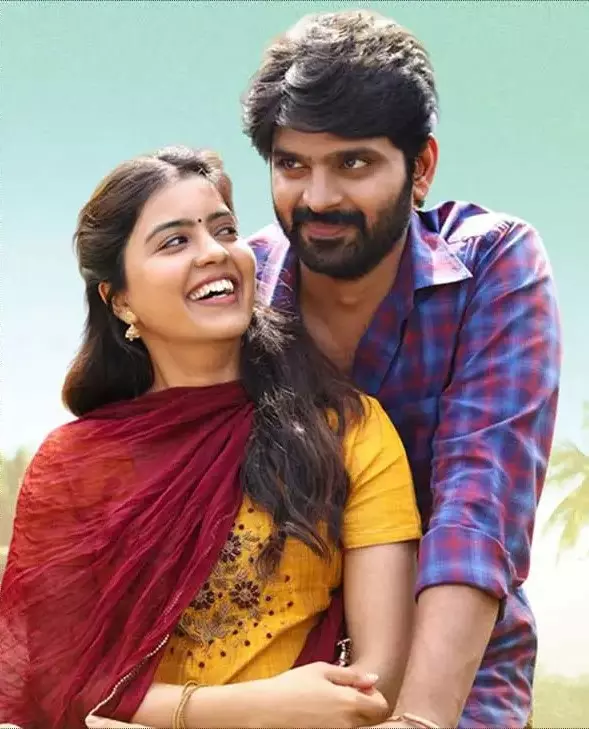Table of Content
The Cannes Film Festival, one of the most prestigious film festivals globally, has often celebrated the rich and diverse tapestry of Indian cinema. Over the years, several Indian films and filmmakers have garnered accolades at Cannes, highlighting India's creative prowess and storytelling excellence. Indian cinema's journey at the Cannes Film Festival is a testament to its rich heritage and the versatility of its filmmakers. From neorealistic portrayals of societal issues to heartfelt narratives of individual struggles, Indian films have captivated audiences and critics alike.
Here's a look at some of the Indian movies that have made their mark at Cannes Film Festival till now:
Neecha Nagar (1946)
Director: Chetan Anand
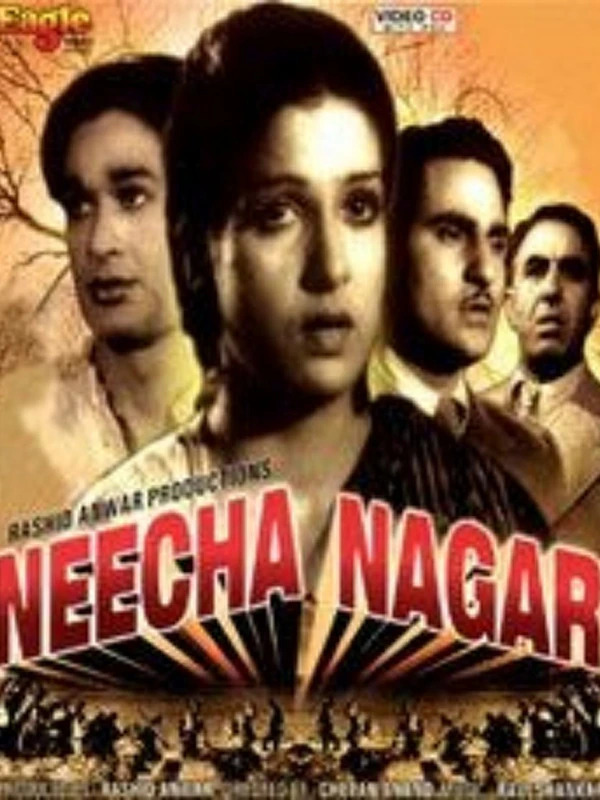
"Neecha Nagar" was the first Indian film to receive international recognition when it won the Grand Prix (now known as the Palme d'Or) at the inaugural Cannes Film Festival in 1946. The film, a stark commentary on the socio-economic divide in Indian society, is inspired by Maxim Gorky's play "The Lower Depths." Its win at Cannes Film Festival marked India's entry onto the global cinematic stage.
Do Bigha Zamin (1953)
Director: Bimal Roy
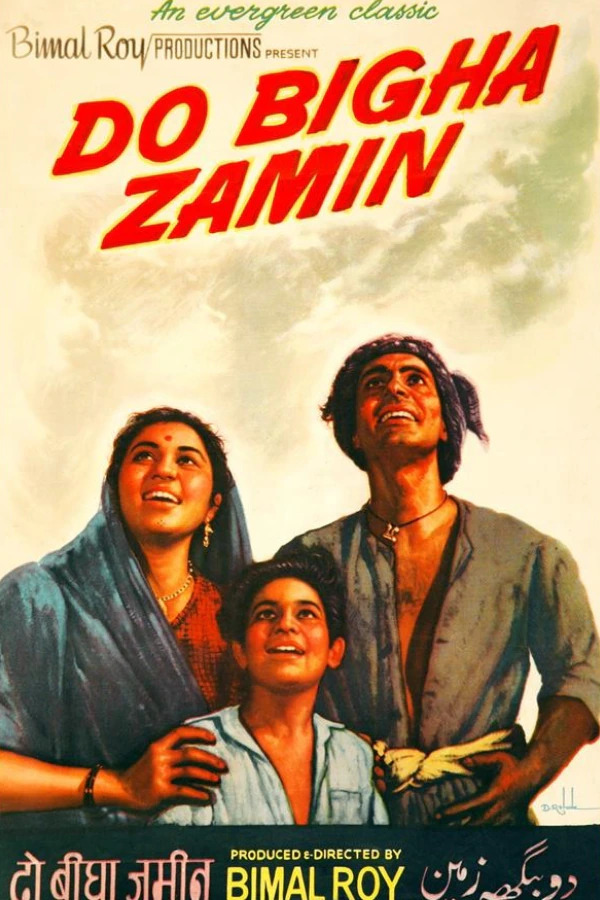
Bimal Roy's "Do Bigha Zamin" received the International Prize at Cannes in 1954. The film, an adaptation of Rabindranath Tagore's Bengali poem, portrays the plight of a farmer trying to save his small piece of land from industrialization. Its neorealistic style and poignant narrative earned critical acclaim worldwide.
Pather Panchali (1955)
Director: Satyajit Ray
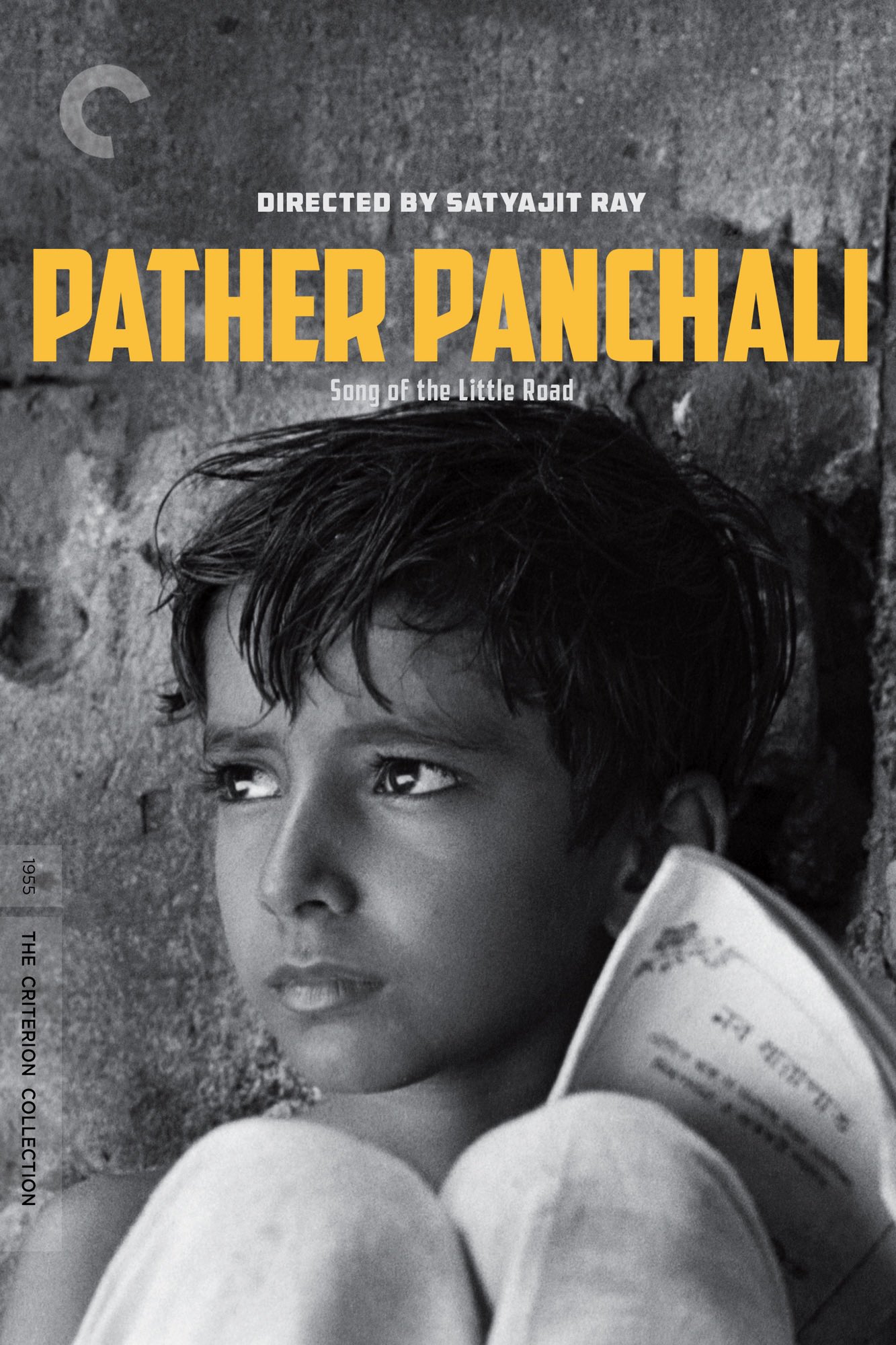
Satyajit Ray's masterpiece "Pather Panchali" won the Best Human Document award at Cannes in 1956. The film, based on Bibhutibhushan Bandopadhyay's novel, is the first part of the Apu Trilogy and is celebrated for its sensitive portrayal of rural Bengali life. Ray's nuanced storytelling and Ravi Shankar's evocative music left an indelible mark on international cinema.
Kharij (1982)
Director: Mrinal Sen
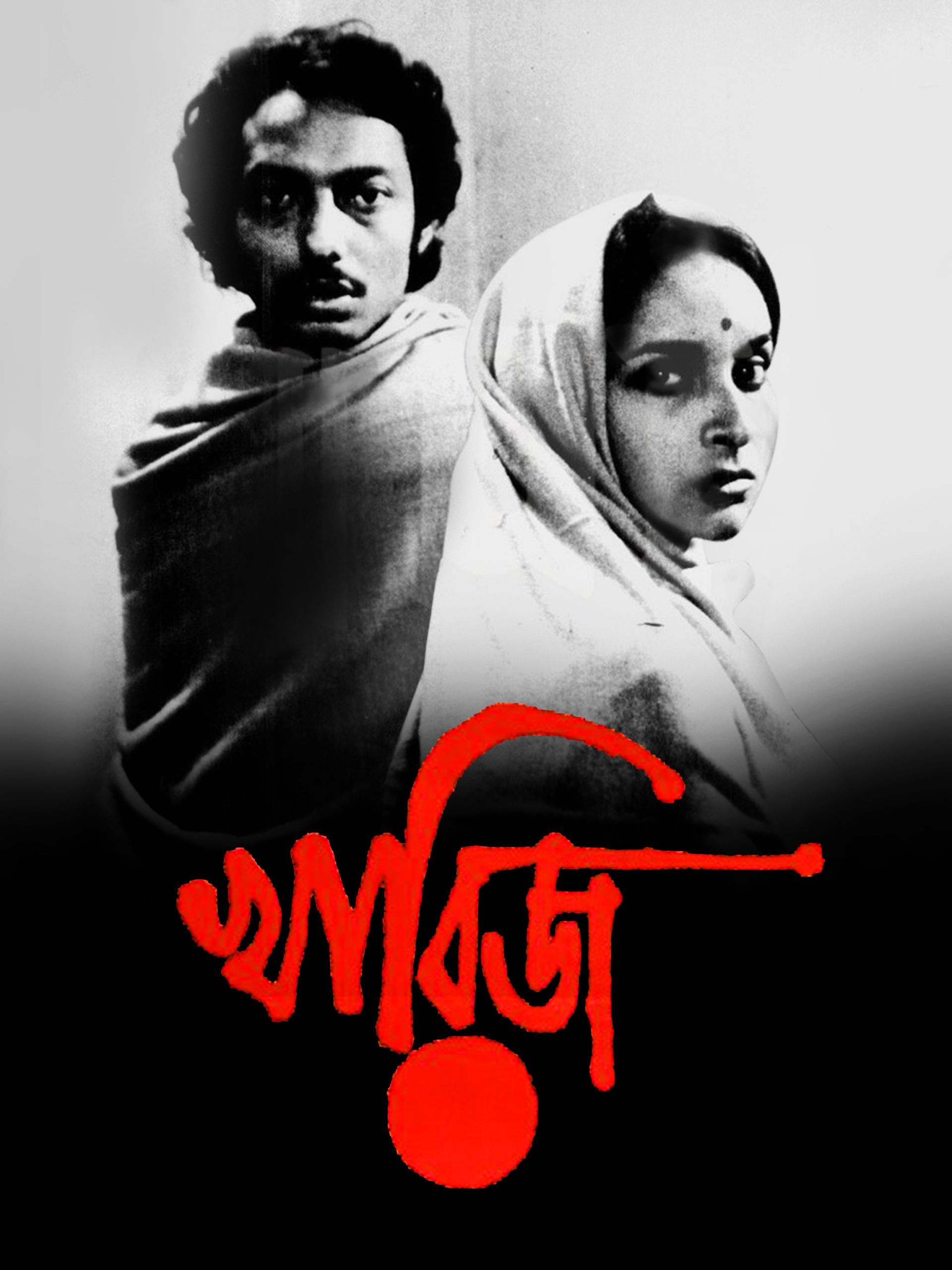
Mrinal Sen's "Kharij" won the Special Jury Prize at Cannes Film Festival in 1983. The film deals with the complexities of middle-class guilt and societal responsibility after a young servant boy dies in a Kolkata household. Sen's exploration of moral dilemmas and social issues resonated with audiences and critics alike.
Salaam Bombay! (1988)
Director: Mira Nair
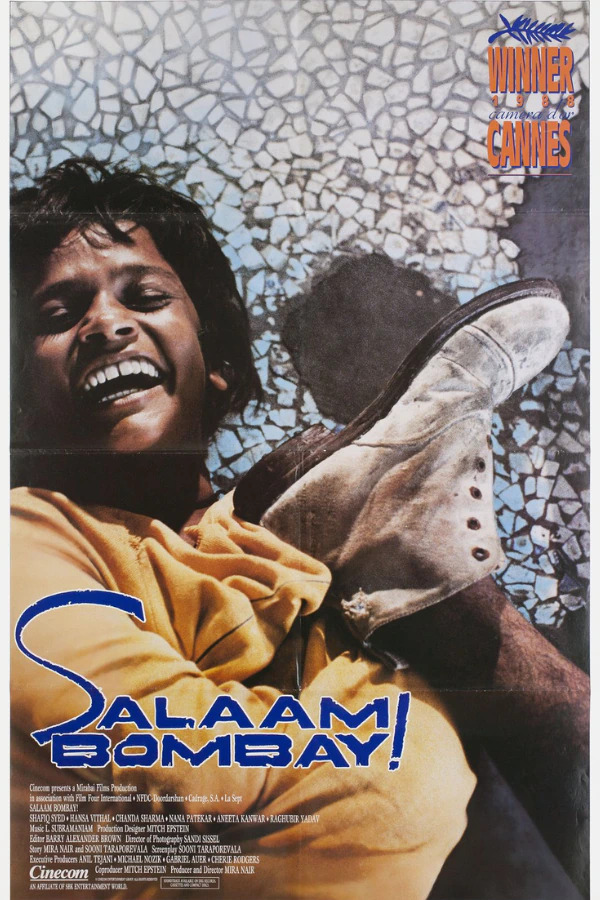
Mira Nair's "Salaam Bombay!" won the Caméra d'Or and the Audience Award at Cannes in 1988. The film provides a harrowing yet empathetic look into the lives of street children in Mumbai. Nair's authentic portrayal and the film's raw emotional power garnered widespread acclaim.
The Lunchbox (2013)
Director: Ritesh Batra
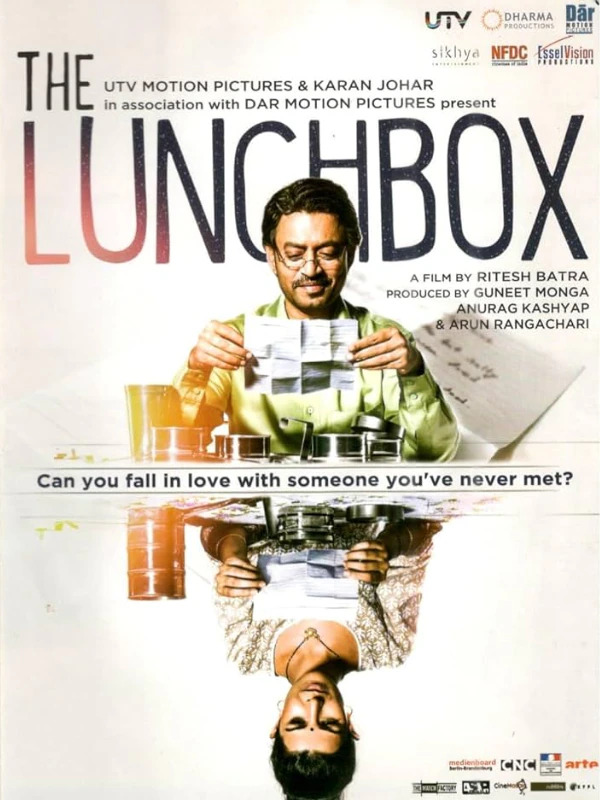
Ritesh Batra's "The Lunchbox" was part of the Critics' Week at Cannes in 2013 and won the Critics' Week Viewers Choice Award, also known as the Grand Rail d'Or. The film, featuring Irrfan Khan and Nimrat Kaur, tells a charming and poignant tale of an accidental exchange of lunchboxes in Mumbai, leading to an unusual epistolary friendship.
Masaan (2015)
Director: Neeraj Ghaywan
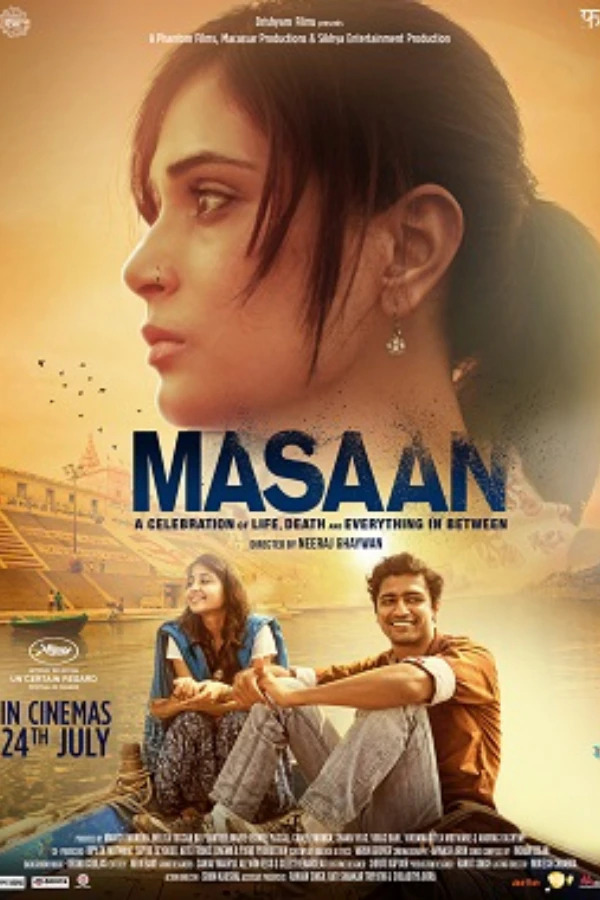
"Masaan" won the FIPRESCI Prize and the Promising Future Prize in the Un Certain Regard section at Cannes Film Festival in 2015. The film interweaves two narratives set along the Ganges River, exploring themes of love, loss, and societal norms. Neeraj Ghaywan's directorial debut was lauded for its powerful storytelling and stellar performances.
A Night of Knowing Nothing (2021)
Director: Payal Kapadia
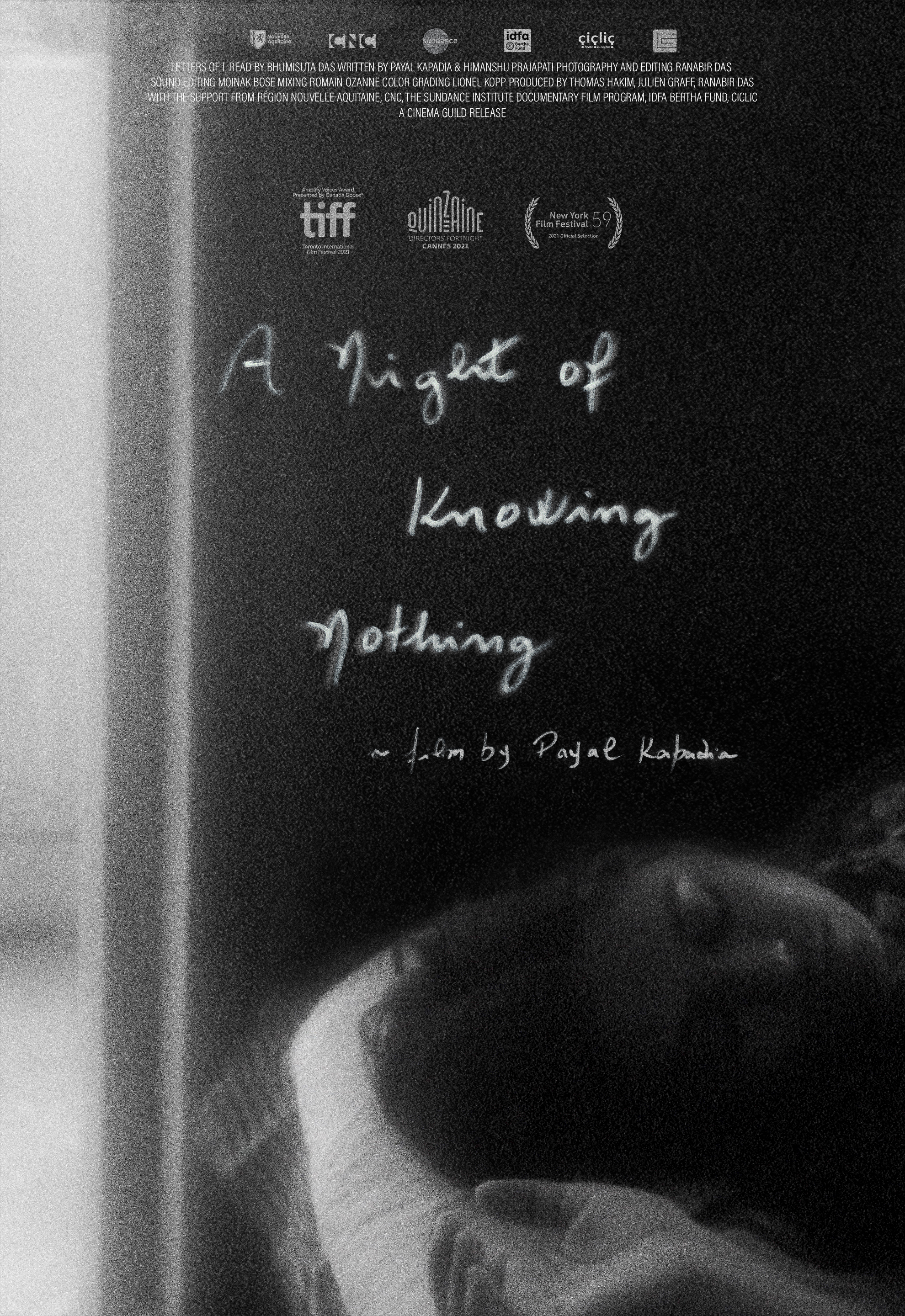
Payal Kapadia's "A Night of Knowing Nothing" won the Oeil d'Or (Golden Eye) award for Best Documentary at Cannes in 2021. The film is a poignant narrative blending personal letters and the socio-political landscape of contemporary India, capturing the voices of the youth and their quest for identity and justice.
All That Breathes (2022)
Director: Shaunak Sen
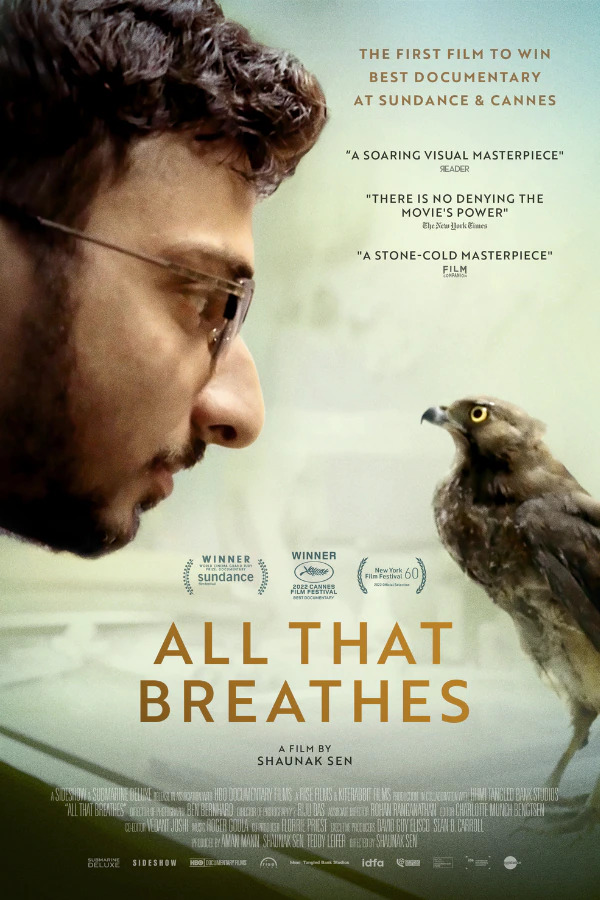
Shaunak Sen's "All That Breathes" won the L'Oeil d'Or (Golden Eye) award for Best Documentary at Cannes Film Festival in 2022. The film focuses on two brothers in Delhi who devote their lives to rescuing and treating injured birds, particularly black kites, amidst the city's growing pollution and social unrest.
.webp)

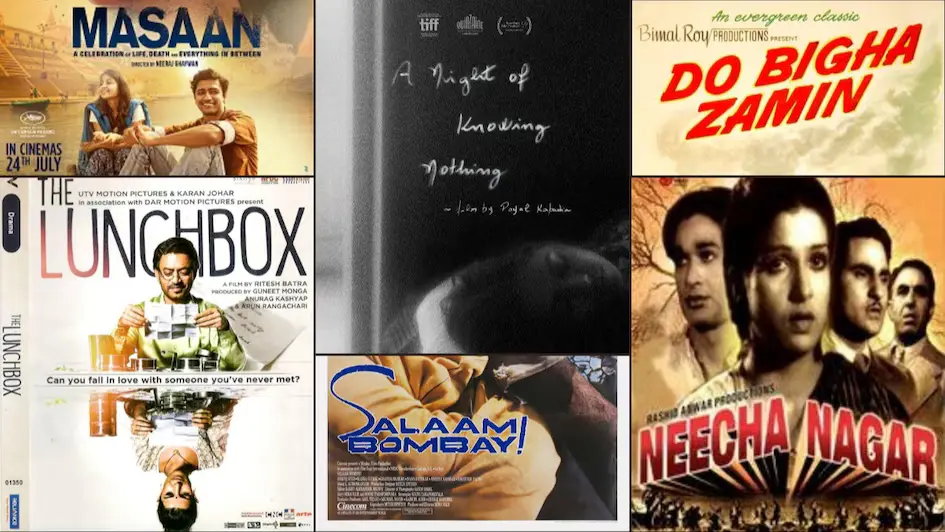
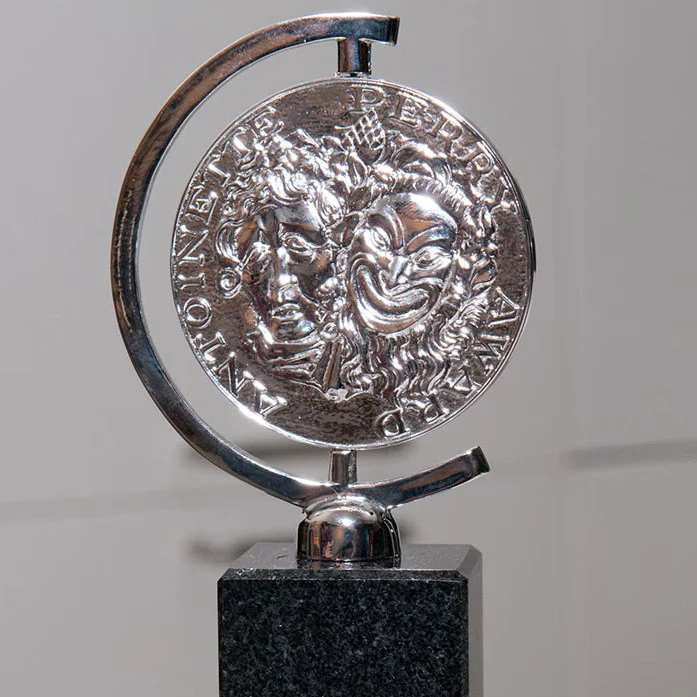
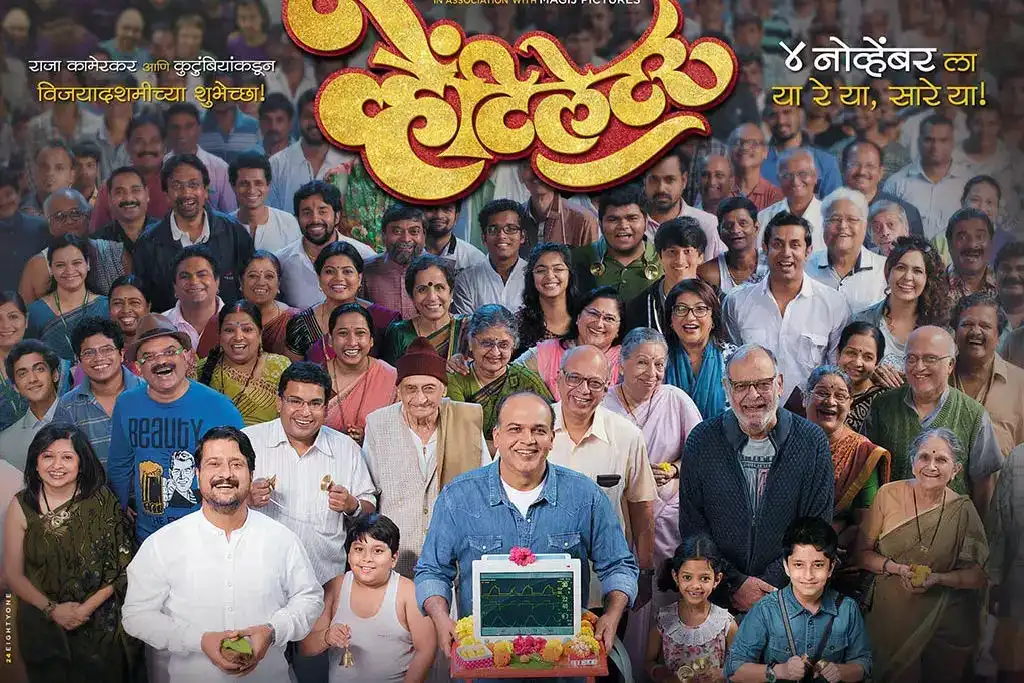
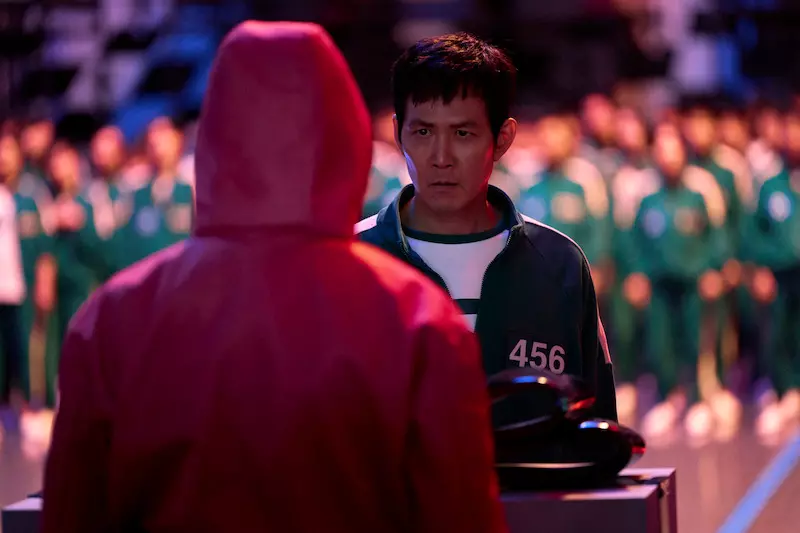
_1735214375.webp)
